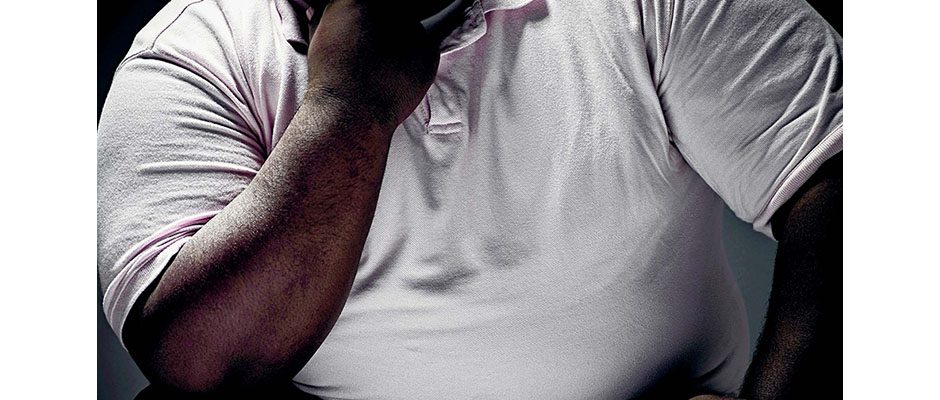
[This piece was written by Diane Tenenbaum, MD, of St. Peter’s Children’s Health Center.]
In the December 2015 issue of Pediatrics, the American Academy of Pediatrics (AAP) issued a new recommendation that all kids should be screened for high cholesterol at their annual well-child visits — not only those who might be at increased risk.
The new recommendation is all kids be screened once for high cholesterol between the ages of 9 and 11, and then again between 17 and 21 years. Children under age 2 should not be screened.
The AAP stressed the screening is necessary because leaving the condition undiagnosed in younger age groups can lead to serious health consequences down the road. Elevated cholesterol, often a byproduct of obesity, is a prime risk factor in developing heart and vascular disease.
The change in AAP recommendations reflects concerns about the growing epidemic of obesity in children. The World Health Organization (WHO) recently released figures that show the number of obese children below the age of five has reached a staggering 41 million worldwide.
Historically, screening was done only when children were considered to be high-risk, based on factors like family history. But recent U.S. government data shows about 20 percent of U.S. teenagers have unhealthy cholesterol levels, and the number of younger children affected is growing.
Improved diet and exercise is the best prescription for fighting childhood obesity. For those children with particularly high numbers, family counseling with a nutritionist may be recommended.
Helping kids make good food choices is critical. Some examples of healthy foods to give your child include:
- Breakfast: Fruit, non-sugar cereal, oatmeal, and low-fat yogurt are all good choices. Use skim or 1% milk rather than whole or 2% milk.
- Lunch and Dinner: Bake or grill foods instead of frying them. Integrate whole grains into their diets through the use of whole-grain breads, crackers, and pasta. Prepare beans, rice, fish, skinless poultry and other lean proteins. Serve fresh fruit (with the skin) for dessert.
- Snacks: Fruits, vegetables, and whole-grain breads make great snacks. Children should avoid soda, juice and fruit drinks.
For kids aged 10 years and older with extremely high cholesterol levels (or high levels with a family history of early heart disease), drug treatment may be considered.
Health care professionals can easily check cholesterol levels in children with a simple blood test. If the fasting lipid profile is normal, a child should be screened again in three to five years.
St. Peter’s Children’s Health Center (1092 Madison Avenue, Albany – 525-2445) offers a complete range of services for children from newborns to age 18. Services include well-child routine care, sick child exams, school and camp physicals, sports physicals, immunizations, health maintenance and education, and access to other hospital services and referrals to specialists.





